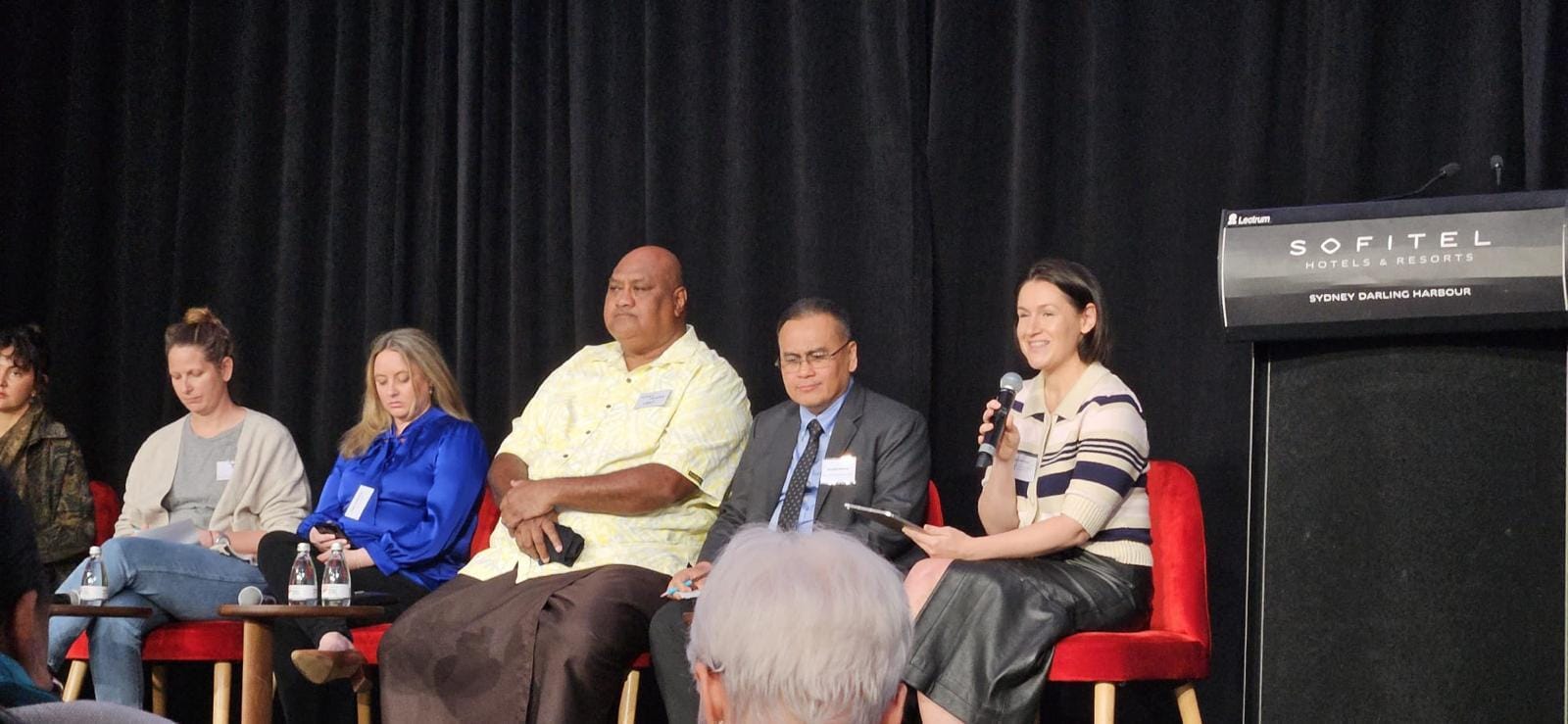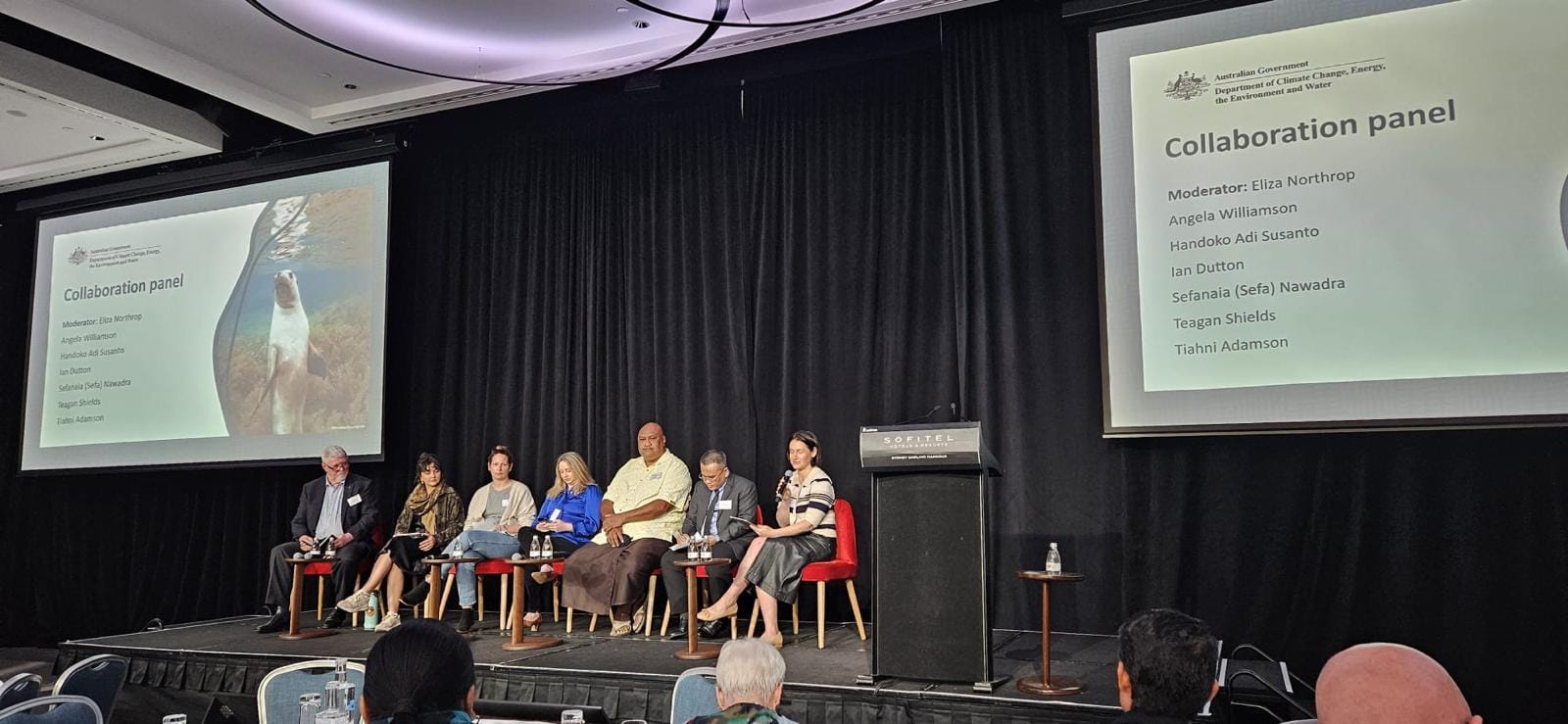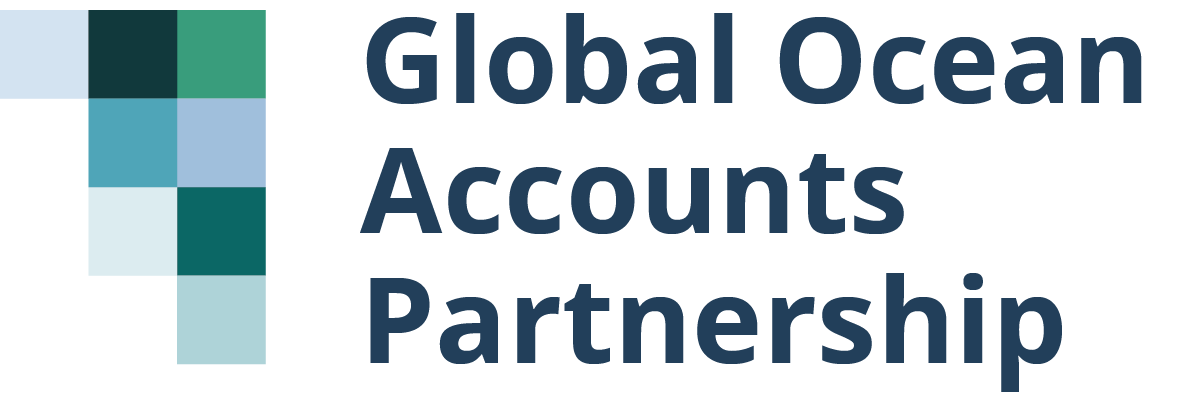Bridging the Gap: Ocean Accounts and Australia's Sustainable Ocean Vision

The Global Nature Positive Summit has just concluded, bringing together leaders from government, corporate sectors, research, environmental organisations, and Indigenous Peoples. This summit, co-hosted by the Australian federal and New South Wales state governments, aimed to accelerate collective action to drive investment in nature and strengthen activities to protect and repair our environment.
As part of this crucial gathering, Australia continued consultations on its recently released draft Sustainable Ocean Plan, a key commitment under its membership in the High Level Panel for a Sustainable Ocean Economy (Ocean Panel). The consultations culminated in a dedicated Ocean Dialogue on Thursday, which brought together a diverse group of stakeholders to discuss shared ocean priorities and listen to diverse perspectives, with a strong focus on Australia's draft Sustainable Ocean Plan.
What is a Sustainable Ocean Plan?
A Sustainable Ocean Plan is a comprehensive framework designed to guide the sustainable management of a nation's entire ocean area. A Sustainable Ocean Plan provides a unifying 'umbrella' for ocean-related governance, bringing together existing and new plans, processes and policies into a comprehensive, coherent, and integrated whole. It applies to all waters under national jurisdiction, from the coastline to the outer edge of the exclusive economic zone, including islands and external territories.
Australia, as an Ocean Panel member, is committed to “sustainably manage 100% of the ocean area under national jurisdiction, guided by Sustainable Ocean Plans, by 2025.". This pledge is part of a broader vision for ocean protection, production, and prosperity that requires transformations in five critical areas: ocean wealth, health, equity, knowledge, and finance.
The Ocean Panel has established a framework with specific outcomes for these areas and a range of actions to achieve them by 2030 or sooner. Australia, along with other Ocean Panel members, has committed to act decisively within its national capacities and circumstances to deliver on this framework, which forms the foundation for a sustainable ocean economy and builds critical foundations for economic recovery and resilience. The Sustainable Ocean Plan is crucial to Australia's ocean policy as it provides a holistic approach to managing the country's vast ocean estate, addressing key areas such as environmental protection, climate action, and First Nations engagement.
Australia’s Sustainable Ocean Plan, covering up to 2040, outlines eight national priorities: four focus areas (climate action, First Nations involvement, ecosystem protection and restoration, and sustainable industry) and four key enablers (collaboration, equity and inclusion, knowledge, and finance). The plan sets specific 2040 outcomes for each priority, recognising their interconnectedness, aiming to create a resilient, inclusive, and sustainable future for Australia's oceans through coordinated efforts across these key areas.
Australia’s Sustainable Ocean Plan: Reflections from the Dialogue
Following the Summit, the Ocean Dialogue provided a focused forum for discussing Australia's draft Sustainable Ocean Plan. A key theme throughout the day was both collaboration and knowledge, as essential enablers and national priority areas in Australia’s Sustainable Ocean Plan. The Dialogue highlighted several key themes that are crucial for the successful implementation of the Sustainable Ocean Plan:
- First Nations Engagement: The centrality of First Nations people in ocean management and shared agency in decision-making was strongly emphasised. There were calls for ensuring genuine representation and collaboration in ocean policy development and implementation. This includes creating dedicated funding streams for First Nations-led and managed marine initiatives and facilitating First Nations leadership roles in regional and national marine policy bodies to ensure their perspectives are embedded at all levels of decision-making.
- Knowledge and Data Sharing: There was strong support for establishing effective mechanisms for data sharing and improving access to existing data. Open-access platforms that allow for transparent sharing of marine data between public and private sectors were encouraged, along with promoting partnerships between academic institutions, government, and private sectors to expand research capabilities. Additionally, it was emphasised that existing data should be actively used in decision-making processes.
- Finance: Discussions highlighted the need to develop additional ocean-focused funding streams and ensure equitable access to those funds. Long-term, sustainable financial mechanisms that provide stable resources for ocean management and conservation were underscored. Additionally, innovative funding mechanisms were discussed, alongside the development of risk mitigation strategies.


The role of ocean accounts
As part of the Ocean Panel's Transformation Agenda, ocean accounting is recognised as a critical area of transformation, with a specific focus on accounting for the value of the ocean (See Figure 1). By recognising the role of ocean data, and ocean accounting specifically, Australia could ensure it has a robust, inclusive and evidence-based foundation for ocean governance and management. As detailed in the guide 'Ocean Accounts for Sustainable Ocean Plans: Enabling Decision-Makers to Measure Progress', ocean accounts not only serve as a component of SOPs but also anchor them to relevant policies and institutions. This guide demonstrates how ocean accounts can be integrated into the development and implementation of these broader ocean management approaches, ensuring effective and coordinated decision-making.
From Dialogue to Action
The Ocean Dialogue shed light on the priorities and challenges in implementing Australia's Sustainable Ocean Plan, highlighting that realising the plan's vision will demand a concerted effort from all stakeholders. This collective endeavour must prioritise enhancing cross-sectoral and cross-jurisdictional collaboration, while simultaneously investing in knowledge, research, and innovation. Crucially, it will also require aligning financial flows with ocean sustainability goals to ensure the plan's success.
As we move forward, the challenge will be to translate these insights into concrete actions. The Sustainable Ocean Plan provides a framework for this, but its success will depend on ongoing engagement, adaptive management, and a shared commitment to a healthy, productive, and sustainable ocean future.
Authors: Elizabeth Hollaway and Eliza Northrop
